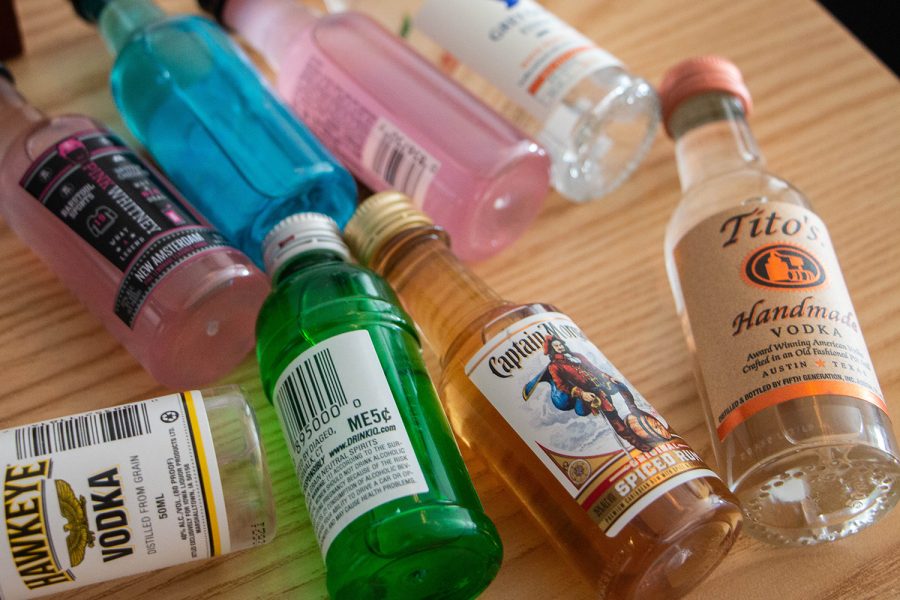Opinion | The UI needs to better teach party culture to students
More should be done to try to inform students about party culture and how they should navigate it.
April 15, 2021
When people talk about party schools in the U.S., the University of Iowa is often mentioned in some of these conversations — perhaps less frequently than in years past. While the UI has fallen in its reputation as a top party school in recent years, it can still be found among the top 20 in some lists.
Party culture involves binge drinking heavy amounts of alcohol. In the short term, overconsumption of alcohol can result in passing out, vomiting, or in severe cases, alcohol poisoning. In the long term, heavy drinking can contribute to liver damage, cardiovascular disease, or lead to addiction.
With the COVID-19 pandemic, there has been a substantial increase in alcohol purchases by Iowa residents to around a 8.2 percent uptick, though it’s not clear if that increase carries over to more campus consumption.
The culture that stems from excessive drinking is one of the most toxic environments one can encounter in college. Addressing forcefully and providing alternatives to cultures of heavy alcohol consumption would help improve students’ mental and physical well-being, reduce abuse, and improve students’ academic careers.
According to a 2019 alcohol reduction survey at the UI, 47.7 percent of students reported engaging in high-risk drinking two weeks prior. An updated survey has not yet been released. A Centers for Disease Control and Prevention study on alcohol consumption and academic performance shows that students who have higher grades are much less likely to consume alcohol.
The UI has a plan to combat drinking on the university website. It is organized by goals which have priorities listed below them, but there is a lack of consistency on the frequency of the goals being updated. Some just have an update from fall 2019 while others list updates through multiple semesters.
The spring 2021 goal is stated as “campus input will be solicited regarding definitions and core elements.” While it is noble that the university is doing something to help stop a culture of heavy alcohol consumption, its effectiveness is hard to determine because of a lack of constituency when it comes to updates with the plan.
The UI is not unique in this problem of bar culture toxicity. Colleges all across the country suffer from this culture.
At the UI, Acacia Fraternity recruits were forced to drink 90 beers in a short amount of time and engaged in a culture of hazing, The Daily Iowan previously reported. This instance alone makes it a prominent enough issue. Party culture does not have to be toxic.
Student Wellness offers consultation appointments on alcohol or other drug use and can refer students for treatment if needed. The consultations are free for UI students. Other resources include the UI Collegiate Recovery Program, which offers classes and programming focused for students on any stage of substance abuse recovery.
Colleges have a toxicity problem, and while it’s made progress in recent years, colleges and universities need to be more willing to inform incoming freshmen about this culture instead of trying to hide or downplay its danger. Party culture is a part of college life, and students should be better informed about it.
Columns reflect the opinions of the authors and are not necessarily those of the Editorial Board, The Daily Iowan, or other organizations in which the author may be involved.



